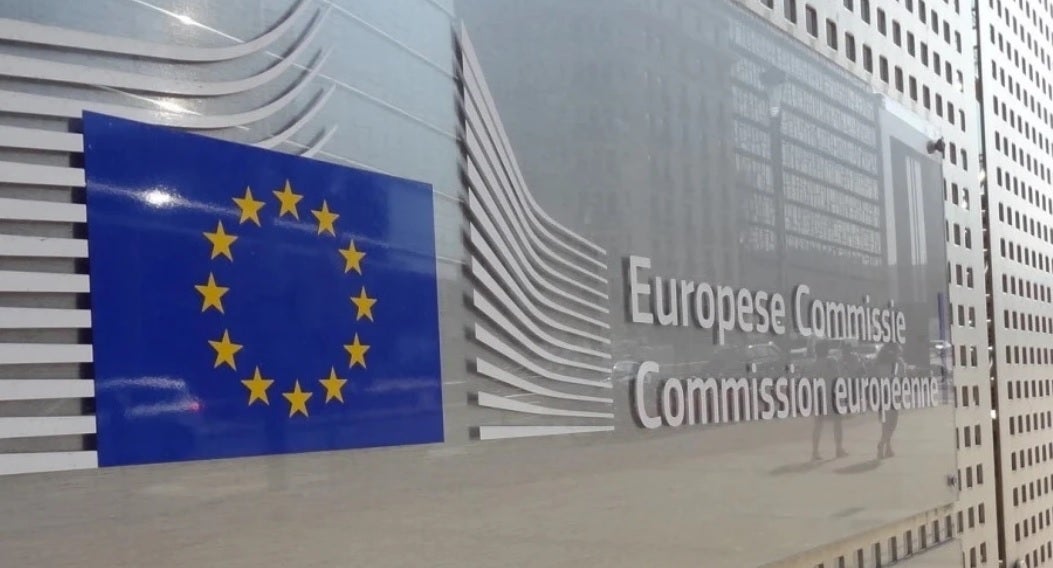The last year or so hasn’t been kind to Apple in Europe. Thanks to bills passed on the continent, Apple is replacing the proprietary Lightning port on the iPhone with the standard USB-C port. And the European Commission’s Digital Markets Act (DMA)
forces Apple to allow iPhone users to sideload apps starting on March 6th, 2024. This means that iPhone users in the 27 EU member countries will be able to install apps from third-party iOS app storefronts on or before that date.
There are two reasons why Apple doesn’t like sideloading
There are a couple of reasons why Apple doesn’t like sideloading. One, it allows iPhone users to install apps that haven’t been approved by
Apple increasing the chance that some malware-laden software is installed on some unsuspecting iPhone user’s device. And two, it allows developers of apps offered by third-party iOS app storefronts to send their customers to non-Apple in-app payment platforms thus escaping the so-called Apple Tax. Apple takes 15% to 30% of the value of most in-app purchases and subscriptions and puts it in its own pocket as a “commission.”
The EC is in charge of enforcing the Digital Markets Act in member countries
Companies that fail to comply with the DMA could be fined up to 10% of their annual global revenue. In Apple’s case, this would be a penalty as large as $39 billion based on the company’s 2022 revenue.
The latest bad news for Apple to come out of Europe revolves around a $1 billion class action suit filed against Apple by 1,500 app developers over its App Store fees. According to
Reuters, the aforementioned 15% to 30% Apple Tax is the issue. The tech giant says that 85% of App Store developers don’t pay Apple any “commission” and that the App Store helps European developers market their apps in 175 countries around the world. But this doesn’t placate impacted developers.
The class action suit was filed by Sean Ennis, who works as a professor at the Centre for Competition Policy at the University of East Anglia and worked as an economist at the OECD. The lawsuit was filed on behalf of 1,566 app developers. Ennis said, “Apple’s charges to app developers are excessive, and only possible due to its monopoly on the distribution of apps onto iPhones and iPads. The charges are unfair in their own right, and constitute abusive pricing. They harm app developers and also app buyers.”
Apple is called a monopolist because of the App Store and the Apple Tax
Apple is being called a monopolist because, at least for now, it only allows iPhone users to install apps from the App Store. And it forces developers of apps in the App Store to process payments for most in-app purchases and subscriptions through Apple’s in-app payment platform. This is how Apple collects its 15% to 30% “commission.” And any developer that dares to challenge this by offering third-party in-app payment platforms to its users can be swiftly axed from the App Store.
The judge in the lower court case, Yvonne Gonzalez Rogers, ruled that Apple is not a monopolist and that it should not be forced to include Epic Games’ app storefront in iOS. However, this ruling is only valid in the U.S. In Europe, Apple doesn’t appear to be as untouchable as it is in the U.S.

